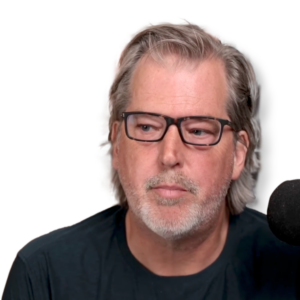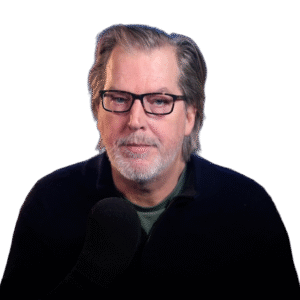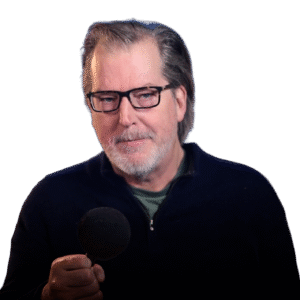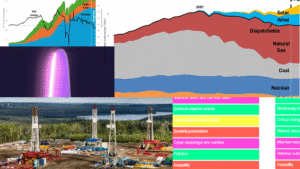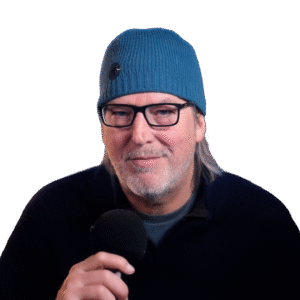
#97 | Frankly
Why the World Feels Like It’s Falling Apart: The Superorganism Explained in 7 Minutes
Description
In a world grappling with converging crises, we often look outward – for new tech, new markets, new distractions. But the deeper issue lies within: our relationship with energy, nature, and each other. What if we step back far enough to see human civilization itself as an organism that is growing without a plan?
In this week’s Frankly — adapted from a recent TED talk like presentation (called Ignite) — Nate outlines how humanity is part of a global economic superorganism, driven by abundant energy and the emergent properties of billions of humans working towards the same goal. Rather than focusing on surface-level solutions, Nate invites us to confront the underlying dynamics of consumption and profit. It’s a perspective that defies soundbite culture — requiring not a slogan, but a deeper reckoning with how the world actually works.
These are not quick-fix questions, but the kinds that demand slow thinking in a world hooked on speed. What if infinite growth on a finite planet isn’t just unrealistic – but the root of our unfolding crisis? In a system designed for more, how do we begin to value enough? And at this civilizational crossroads, what will you choose to nurture: power, or life?
In French, we have a motto that says that a simple drawing is often better than a long explanation. Jean-Marc Jancovici Carbone 4 President
That’s very understandable because with left atmosphere thinking, one of the problems is that you see everything as a series of problems that must have solutions. Iain McGilchrist Neuroscientist and Philosopher
We can’t have hundreds and hundreds of real relationships that are healthy because that requires time and effort and full attention and awareness of being in real relationship and conversation with the other human. Nate Hagens Director of ISEOF
This is the crux of the whole problem. Individual parts of nature are more valuable than the biocomplexity of nature. Thomas Crowther Founder Restor
Show Notes & Links to Learn More
Download transcript01:51 – Ignite Talks
03:33 – Energy Blindness
04:14 – The Carbon Pulse
05:20 – The Economic Superorganism
08:04 – Limits to Growth
09:30 – The Great Simplification

